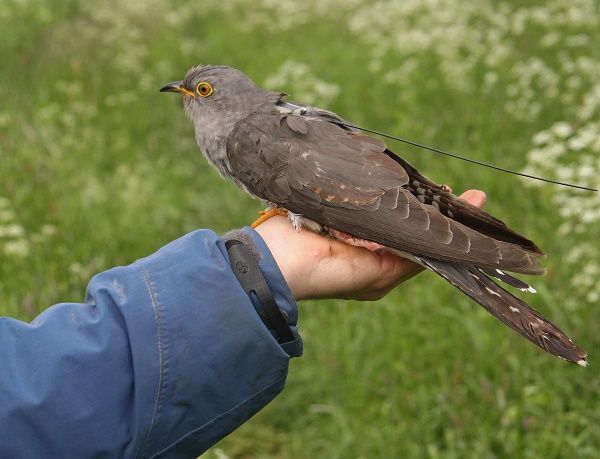New research from the Natural History Museum of Denmark at the University of Copenhagen has concluded that climate change will make it increasingly difficult for migratory birds to survive.
The Danish researchers, who led the considerable international research project, used satellite tracking to monitor the migration of 38 birds over several years.
“They are bound to their migration programs, so they fly down to the areas that are green, or where they expect it to be green,” Kasper Thorup, one of the researchers, told DR Nyheder.
“Just as we have a circadian rhythm, the birds have an internal program – an annual rhythm that they follow.”
According to the researchers, there are indications that some species will struggle to survive in the future when climate change is expected to lead to extreme periods of drought and vegetation change.
READ MORE: Sparrows quickly disappearing from Danish countryside
Dependent on green areas
Three migratory birds indigenous to Denmark – the red-backed shrike, the nightingale and the cuckoo – all spend their winters in various parts of Africa before flying back to Denmark in the late spring.
The cuckoo flies straight to the jungles of west Africa, but the shrike and nightingale travel from green spot to green spot – areas that are lush for only weeks or months at a time – jumping to and fro from five to seven different spots as part of their migration. And that’s where the issue stems from.
“There have been droughts in some areas of Africa, and we could see there that the birds were still waiting around,” said Thorup.
“They don’t just suddenly come up with a new plan just because it isn’t green.”
The migratory bird figures are already dwindling, and unless they are able to adapt their migrations in the future, they may not survive the impact of climate change.
The research project has been published in the scientific journal Science Advances.














